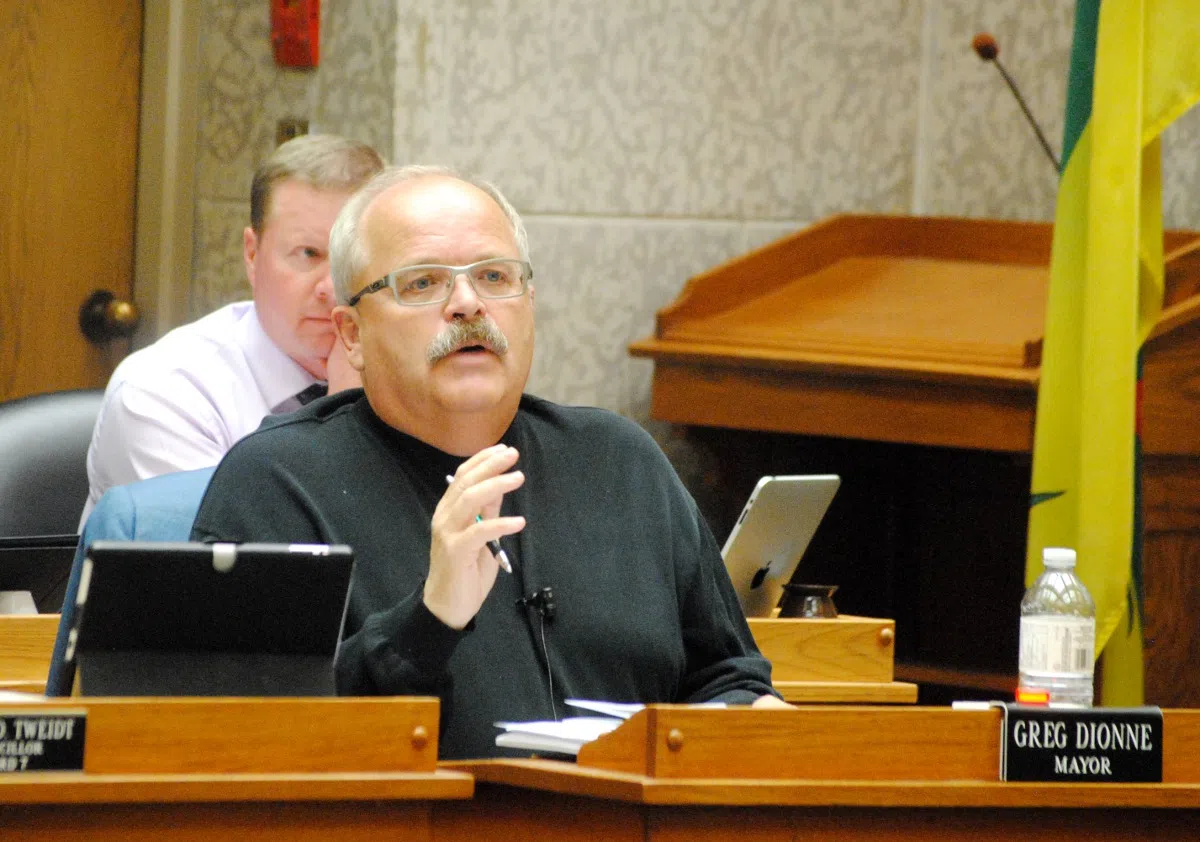
New facility naming policy to apply to new buildings only: Mayor
A potential new naming rights policy that would allow corporations and organizations to buy the naming rights of City-owned buildings in Prince Albert will only apply to new facilities.
The naming rights policy is in its draft stages and is expected to make its way to city council. The issue was most recently raised in Prince Albert following Saskatoon’s agreement to rename the Credit Union Centre. In that instance, the naming rights will go to Crown corporation SaskTel on Oct. 1, with the building taking a new name: SaskTel Centre. SaskTel will pay $350,000 over 10 years for those rights.
A similar move would not be possible under a proposed new policy governing naming rights in Prince Albert.
“Unfortunately, what we have now is we have named them. There was no time limit in, so we can’t change those ones. It’ll be for any new building and any new fundraising thing moving forward,” Mayor Greg Dionne said on Monday.


